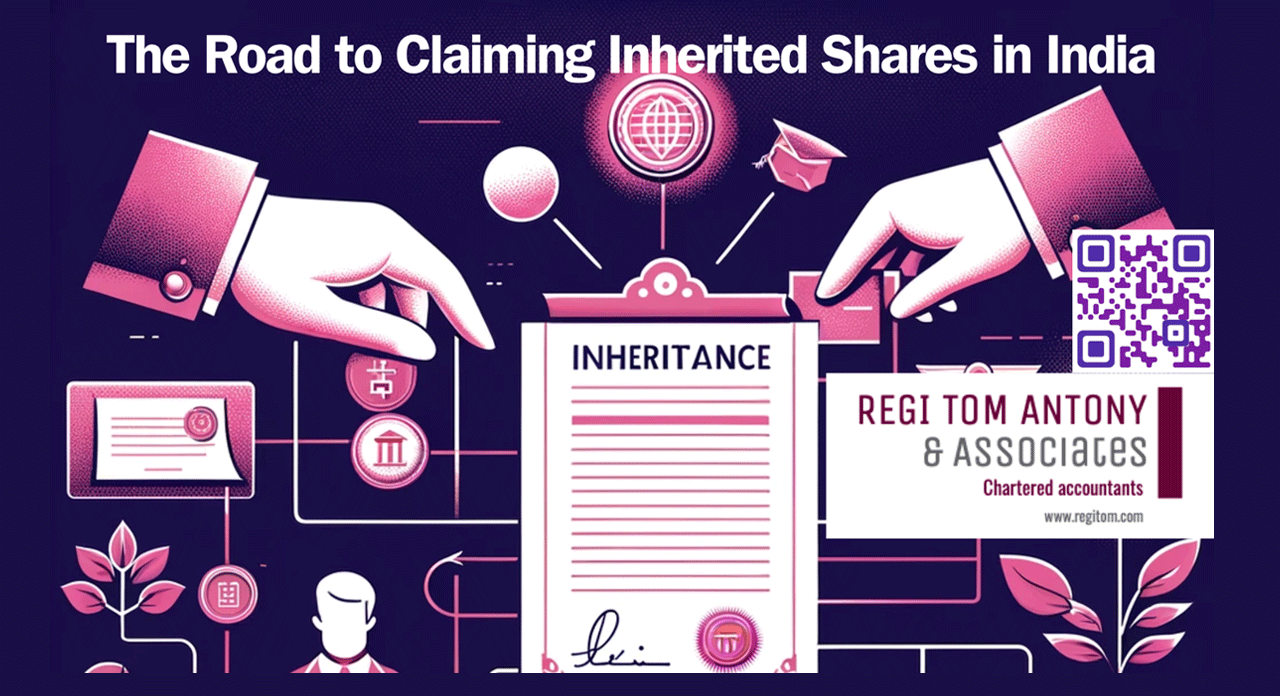
Inheriting shares from a loved one can be a bittersweet discovery, often coming with a mix of emotions and a daunting pile of legal procedures. The journey of an individual, referred to here as Mr. A, who stumbled upon a fortune in shares left by his father, serves as a valuable case study in navigating the complex process of claiming inherited shares. This guide aims to demystify the steps involved in this process, providing a clear path for those in similar situations.
Understanding the Value of Inheritance
When Mr. A discovered that his father's investment in a certain number of shares had significantly increased over several decades due to corporate actions such as bonuses and splits, he was looking at an inheritance valued at a substantial amount. Such a significant asset requires careful legal steps to claim, a journey that involves several stages from securing legal documentation to dealing with corporate and government authorities.
Step 1: Legal Documentation
The first step in claiming inherited shares is determining the need for a transmission of shares, a process triggered by the shareholder's death. If the value of the shares exceeds a certain threshold, obtaining a succession certificate or a probate of the will (if the deceased left one) from the district court is necessary. This step can be complex and time-consuming, often requiring the assistance of a competent lawyer/ competent consultant.
Step 2: Dealing with Lost Shares
In situations where physical shares are missing, possibly due to corporate actions or misplacement, the claimant must apply for duplicate shares. This involves submitting various documents such as a police report, affidavits, and indemnities to the company. This phase is crucial for establishing your claim and requires meticulous attention to detail.
Step 3: Claiming from the IEPF
Unclaimed dividends for seven years or more result in the transfer of shares and dividends to the Investor Education and Protection Fund (IEPF) Authority. Claimants need to obtain an entitlement letter from the company post-verification of their documents, which is used to file an online claim with the IEPF. This step is critical for reclaiming both the shares and any unclaimed dividends.
Step 4: Transfer to Demat Account
Following the online claim, the IEPF Authority conducts its verification process. Upon successful verification, the shares are transferred to the claimant's demat account, and any outstanding dividends are paid out to the bank account associated with it.
Conclusion
Navigating the path to claiming inherited shares is fraught with legal complexities and procedural requirements. However, understanding the necessary steps and preparing accordingly can make the process smoother. It's a journey that requires patience, attention to detail, and often, professional assistance, but the financial rewards can be significant. For those who find themselves heirs to such unexpected treasures, the legacy left behind can offer not just financial gain but a lasting connection to the past.
 5 May 2024
5 May 2024